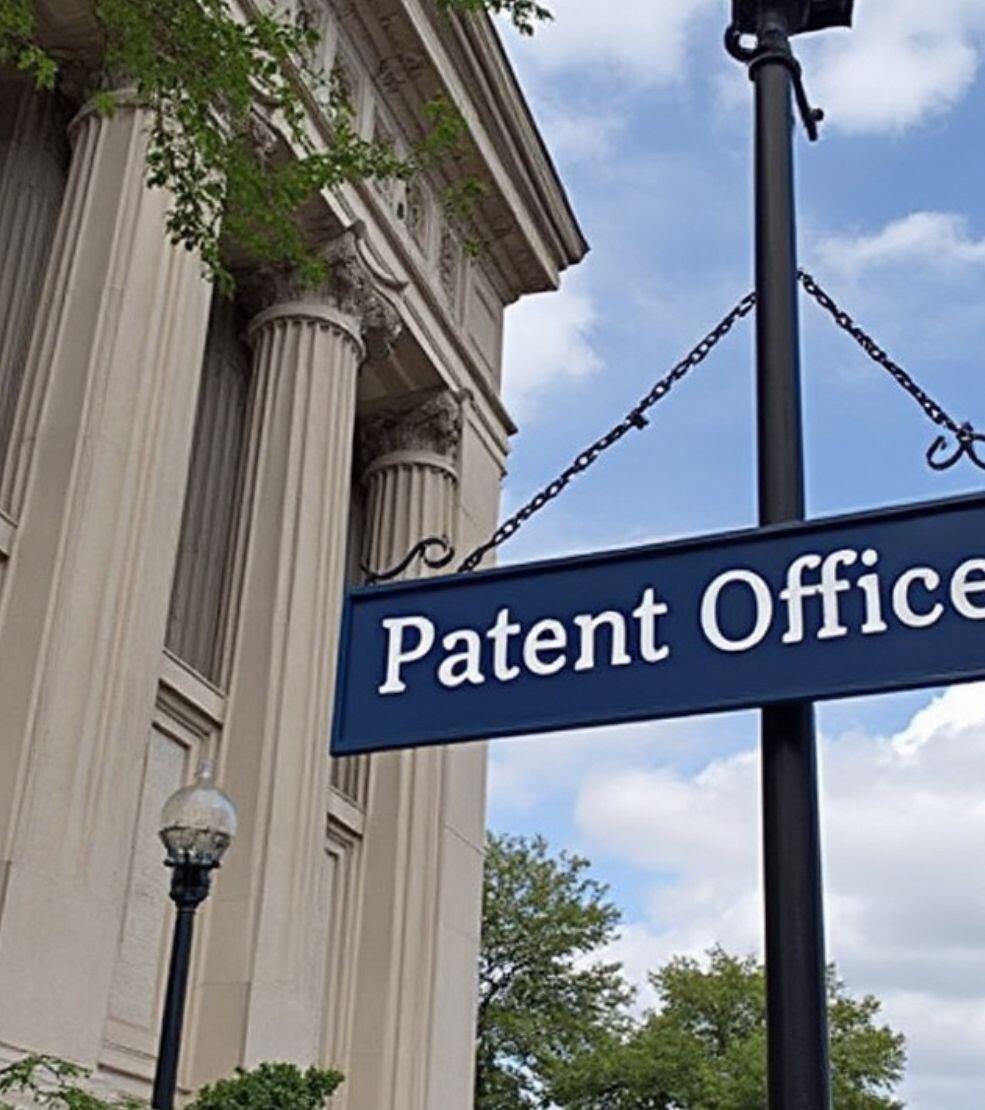Did you know, for instance, that nobody has ever proven that IP is a net positive for society?

Logics dictate that this artificially created privilege is a net negative for humankind.
In economics terms, IP blocks many of the positive externalities that comes out of ideas.
To say it in plain language, good ideas are more valuable for society the faster they spread and the cheaper they are to put into use, but IP slows down the speed of dissemination of ideas and forces people to pay before they can use them.
As an author, I think it's extremely sad that the mechanics of society mean that I depend on copyrights.
I clearly see how it corrupts peoples' minds and hearts, just like all other political priveleges do.
Below you get a glimpse of how detrimental IP is to people living in developing countries, and how it corrupts countries once they have been industrialized.
Up until the 20th century, the U.S. government had lax enforcement of IP, particularly concerning foreign creators.
The legal framework allowed for the widespread piracy of foreign works, as the 1790 Copyright Act explicitly excluded protections for non-US authors.
This led to rampant appropriation of foreign designs and publications, with little consequence for infringers, as the government prioritized domestic interests over foreign IP rights.
Officials believed that strong IP protections would mainly benefit foreign creators, raising costs for domestic consumers and hindering local innovation.
The prevailing view was that the U.S. economy needed to develop its own capabilities through imitation before it could afford to protect foreign IP rights.
This perspective was influenced by a "frontier culture" that prioritized individualism and innovation over strict adherence to IP laws.
Calls for better protection from figures like Charles Dickens largely went unheeded, reflecting a broader culture of IP violation during this period.
The US changed its position dramatically in the 20th century, when itself became the strongest economic nation in the world.
While many developing nations, including India, Brazil, Argentina, and Mexico, resisted stringent IP standards, and argued IP favored developed countries at the expense developing countries, Uncle Sam, the former pirate protector, became the world's most aggressive enforcer of IP, pressuring developing countries with the use of trade sanctions.
I want an end to all artificial priveleges.
This first and foremost includes monetary monopolies and intellectual property rights.
Monetary monopolies centralize power and wealth.
Intellectual property legislation blocks the decentralizing effect of ideas.
Both corrupt society at high speed.
Abolishing these political instruments dramatically changes society for the better.
In the meantime, I'll just have to live with the fact that copyright is the way an author today earns his money.
But I'm not going to let it corrupt me.
